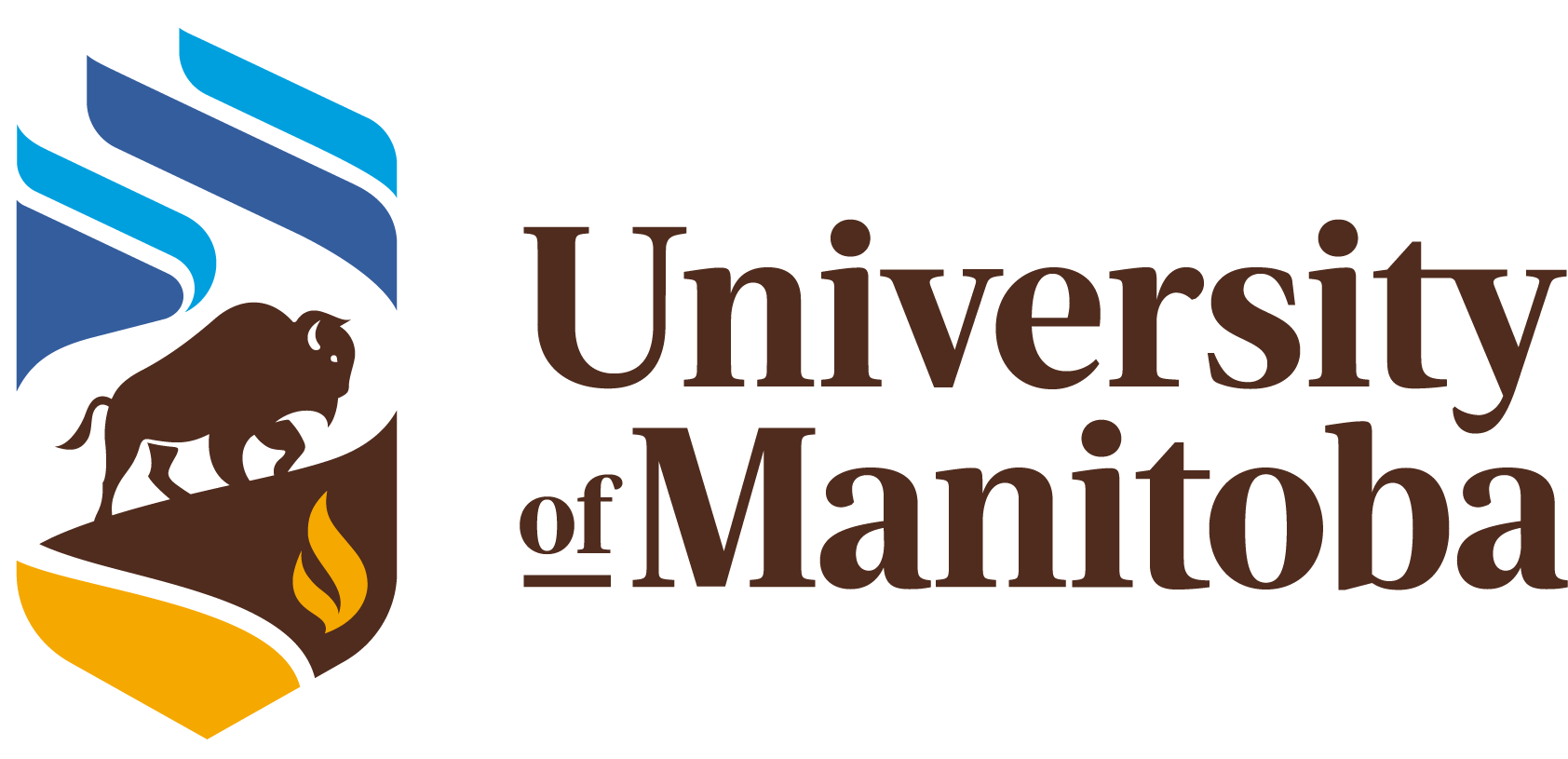Anti cancer Therapy
Destroying Cancer at the Speed of Light®
Theralase® is laser focused on advancing the cutting-edge Anti-Cancer Therapy (“ACT”) towards commercialization, providing an alternative treatment methodology for Non-Muscle Invasive Bladder Cancer (“NMIBC”) patients globally.
Theralase® is dedicated to safely and effectively destroying cancer through the research, development and commercialization of light activated Photo Dynamic Compounds (“PDCs”) and their associated drug formulations.


We are a clinical stage biopharmaceutical company. Our Anti-Cancer Therapy (“ACT”) division focuses on developing safe and effective ACT treatments by utilizing light activated Photo Dynamic Compounds (“PDCs”) and their associated drug formulations to destroy cancer cells.


Anti-Cancer Therapy ("ACT") employs non-toxic light-sensitive compounds that are absorbed preferentially by cancer cells, versus health cells, and when laser light activated, these compounds produce a violent form of oxygen known as singlet oxygen or Reactive Oxygen Species ("ROS"), which oxidizes the cancer cell inducing natural cell death, known as Immunogenic Cell Death ("ICD").


Theralase®’s mandate is to research, develop and commercialize the Anti-Cancer Therapy (“ACT”) technology in the destruction of various cancers. Our patented Photo Dynamic Compounds ("PDCs"), once absorbed by cancer cells, are laser light activated with proprietary laser systems to destroy cancer cells safely and effectively.
Anti-Cancer Therapy ("ACT")
ACT uses Photo Dynamic Compounds ("PDCs") (light-sensitive compounds) that when exposed to laser light are able to produce a violent form of oxygen known as singlet oxygen or Reactive Oxygen Species (“ROS”), which causes oxidative stress to cancer cells and induces Immunogenic Cell Death ("ICD").
Theralase® through its research, development and collaboration with world-renowned researchers has enhanced and modernized traditional PDCs, optimizing the technology and increasing the potential of PDCs to treat a broad range of diseases and overcome the safety and efficacy limitations of current cancer treatments.
Theralase® is conducting a pivotal Phase II Non-Muscle Invasive Bladder Cancer (“NMIBC”) clinical study, with a primary endpoint of efficacy, secondary endpoint of duration of efficacy and tertiary endpoint of safety.
Theralase is conducting preclinical research in using its patented PDCs in the treatment of Glio Blastoma Multiforme (“GBM”) ( a deadly form of brain cancer) and Non-Small Cell Lung Cancer (“NSCLC”).
Phase Ib NMIBC Clinical Study
With strong safety signals and a 67% Complete Response (“CR”) rate at 540 days; the Phase Ib NMIBC Clinical study (“Study I”) was successfully completed, meeting primary (safety), secondary (pharmacokinetics) and tertiary (efficacy) objective at the therapeutic dose of the study drug. To date, Study I has demonstrated strong clinical results for NMIBC and is being explored in a Phase II NMIBC clinical study as a potential treatment for patients diagnosed with NMIBC.
The Study I data further validates our understanding that even a single treatment of Theralase’s® ACT is able to lead to CR at 540 days post treatment for patients presenting with Bacillus Calmete Guérin (“BCG”)-Unresponsive NMIBC. 2/3 patients enrolled and treated in Study I, treated at the therapeutic dose, have demonstrated no tumour recurrence, progression or presence of NMIBC disease at the 540 day assessment cystoscopy and urine cytology.
Consequently, Theralase Technologies’ Anti-Cancer Therapy continues to be further evaluated in a pivotal Phase II NMIBC clinical study (“Study II”).
Principle Investigator at University Health Network, Princess Margaret Cancer Centre, Dr. Girish Kulkarni MD, Surgeon-Scientist affiliated with the Department of Surgery, Faculty of Medicine at the University of Toronto discusses the successful completion of the first human clinical study for Theralase’s Anti-Cancer Study Drug, TLD-1433.
Table of Clinical Study Sites
| Clinical Study Sites ("CSS") - currently recruiting | Principal Investigator |
|---|---|
| University Health Network (“UHN”), Princess Margaret Cancer Centre (“PMCC”) (Toronto, Ontario) | Dr. Girish Kulkarni, MD, PhD, FRCSC |
| McGill University Health Centre (“MUHC”) (Montreal, Quebec) | Dr. Wassim Kassouf, MD, CM, FRCSC |
| London Health Sciences Centre Centre (“LHSC”) (London, Ontario) | Dr. Joseph Chin, MD, FRSC |
| Nova Scotia Health Authority (“NSHA”) (Halifax, Nova Scotia) | Dr. Ricardo Rendon, MD, FRCSC |
| University of British Columbia Columbia (“UBC”) (Vancouver, British Columbia) | Dr. Peter Black, MD, FRCSC |
| Virginia Urology (“VU”) (Richmond, Virginia) - currently not recruiting | Dr. Eugene Kramolowsky II, M.D. |
| Urology Associates P.C. (“UA”) (Nashville, Tennessee) | Dr. Gautam Jayram, M.D. |
| MidLantic Urology (“MLU”) (Bala Cynwyd, Pennsylvania) | Dr. Laurence H. Belkoff, DO, MSc. FACOS |
| Carolina Urologic Research Center (“CURC”) (Myrtle Beach, South Carolina) | Dr. Neal Shore, MD, FACS |
| University of Wisconsin-Madison (“UWM”) (Madison, Wisconsin) | Dr. Kyle A. Richards, MD, FACS |
| Urology San Antonio (“USA”) (San Antonio, Texas) | Dr. Daniel Saltzstein, MD |
| University of Chicago Medicine (“UChicago Medicine”) (Chicago, IL) | Dr. Piyush Agarwal, MD |
Phase II NMIBC Clinical Study
As the frontrunner in personalized Anti-Cancer Therapy (“ACT”) treatments for patients diagnosed with Non-Muscle Invasive Bladder Cancer (“NMIBC”), the pivotal Phase II NMIBC clinical study (“Study II”) has the potential to become the next gold standard for NMIBC treatment.
Study II utilizes the therapeutic dose (0.70 mg/cm2) of the study drug (TLD-1433) and focuses on the enrolment and treatment of approximately 125 Bacillus Calmette Guérin (“BCG”)-Unresponsive NMIBC patients presenting with Carcinoma In-Situ (“CIS”) in 12 clinical sites located in Canada and the US, with a primary endpoint of efficacy at any point in time, a secondary endpoint of duration of Complete Response ("CR") and a tertiary endpoint of safety.
In Study II, all patients will receive two study treatments (Day 0 and Day 187).
Fast Track Designation (“FTD”) was granted by the US Food and Drug Administration (“FDA”) to Theralase® in November 2020. In order to potentially qualify for Breakthrough Therapy Designation (“BTD”) the Company has been advised by the FDA, to provide clinical assessment data for the primary, secondary and tertiary objective for approximately 20-25 patients treated at the therapeutic dose level.
Theralase® may also be eligible for Accelerated Approval (“AA”) by the FDA should the clinical results of Study II support a clinically meaningful improvement in safety and/or efficacy over current NMIBC treatment therapy.
The Potential of Anti Cancer Therapy
Theralase’s® ACT platform has demonstrated the potential to provide a safe and effective treatment for patients diagnosed with NMIBC. Theralase® is laser focused on researching, developing and commercializing light activated PDCs and their associated drug formulations to safely and effective treat various cancers.
Theralase® is advancing its PDC pipeline to include preclinical research into GBM and NSCLC.
| Discovery | Preclinical | Phase I | Phase II | Phase III |
Non-Muscle Invasive Bladder Cancer
Glioblastoma multiforme ("GBM")
Non-Small Cell Lung Cancer ("NSCLC")
SARS - CoV-2 - COVID-19
Behind the Science
Theralase® utilizes expert scientific, clinical and engineering experience in the research, development and commercialization of light-activated Photo Dynamic Compounds (“PDCs”), the laser systems that activate them and the methodology used to destroy cancer, bacteria and viruses.
These core competencies allow Theralase® the ability to develop targeted and personalized medical technology platforms to meet patient and healthcare practitioner needs.
Theralase®’s ACT platform originates from > 17 years of scientific, preclinical and clinical research.
Theralase® invests in a comprehensive Intellectual Property (“IP”) strategy to protect and safeguard the Company’s technology through international patents and patents pending covering our ACT technology.
IMPORTANT INFORMATION FOR PATIENTS
If you are a patient interested in participating in the Phase II NMIBC clinical study (“Study II”), please feel free to contact Theralase® or the nearest participating clinical study site for more information.
If enrolled in Study II, there is a no charge for participation in Study II, however, your urologist or family physician will need to contact the principal investigator to provide confidential information about your NMIBC to ensure you meet the clinical study guidelines.
For patients or healthcare practitioners wishing to learn more about Study II, please visit ClinicalTrials.gov and search for "Theralase" or by the National Clinical Trial Number: NCT03945162.
Let's Stay in Touch
Sign up to our newsletter to stay informed on news and updates from Theralase Technologies Inc.














